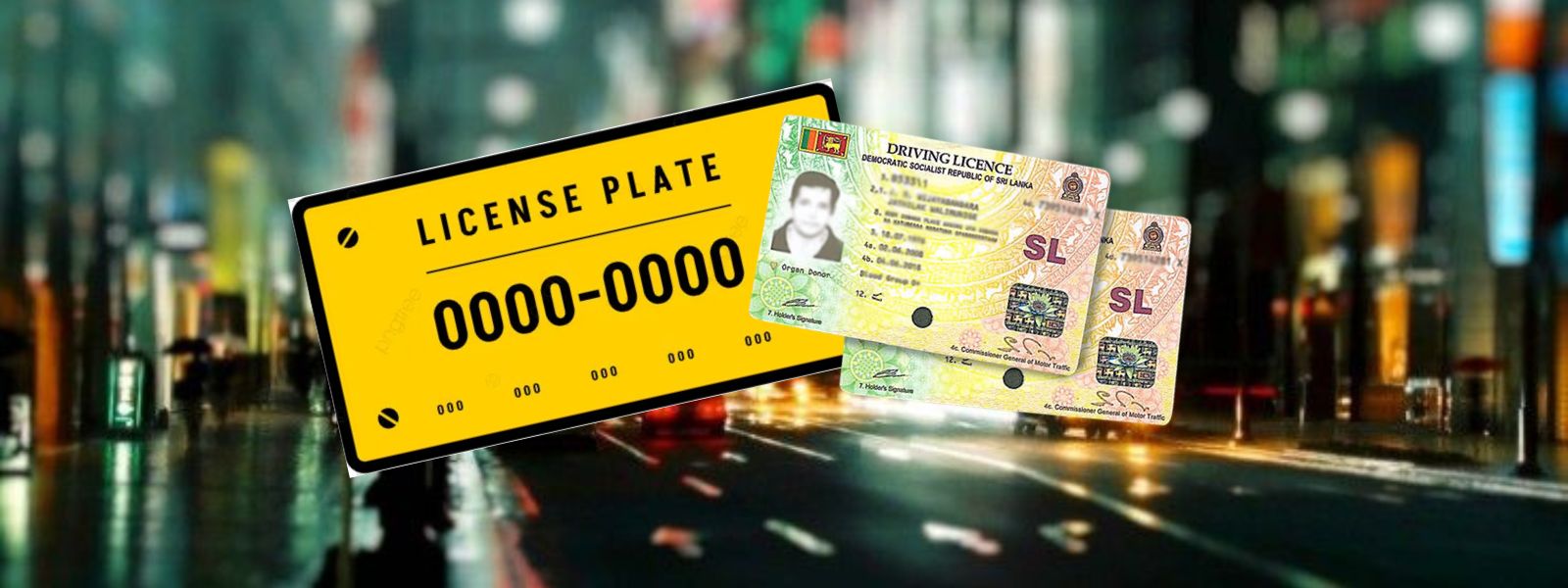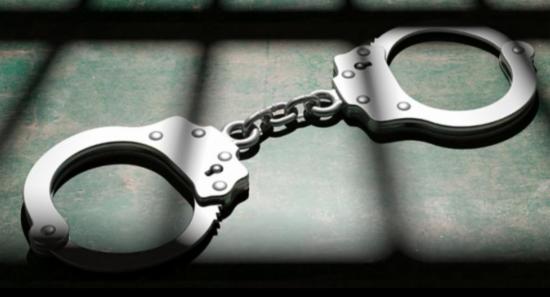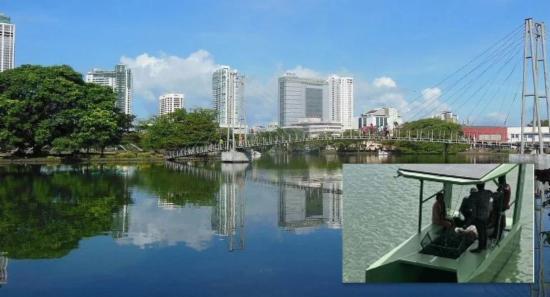.webp)

25-Year Monopoly Broken: Sri Lanka Overhauls Vehicle Plate & License System
COLOMBO (News 1st); Transport Minister Bimal Ratnayake has revealed serious irregularities in the issuance of vehicle number plates and driving licenses, exposing what he described as a long-standing and deeply rooted system of corruption within the Department of Motor Traffic.
Speaking in Parliament, the Minister disclosed that as of September 30, 2025, over 165,000 vehicles were registered without receiving number plates.
He detailed how, for 25 consecutive years, a single private company was awarded contracts to print number plates through repeated procurement decisions and Cabinet approvals.
These contracts expired in April 2025, prompting the government to initiate a fresh tender process.
Three companies have since submitted bids, and the procurement process is now being carried out under legal and transparent procedures.
The newly designed number plates will feature seven advanced security features, and the government is currently working with international accreditation laboratories to finalize the specifications.
The delay in issuing plates, according to the Minister, is due to these necessary security and compliance checks.
The Minister also highlighted the driving license printing monopoly that persisted for nearly 26 years, with one group handling the process without any internal capacity building within the Department of Motor Traffic.
Despite previous attempts, including efforts by former President Gotabaya Rajapaksa involving military support, the system remained unchanged until now.
In a major shift, the government has now installed its own driving license printing machines and is preparing to issue licenses directly through the department.
A stock of 800,000 license cards is already available, with distribution expected to begin on October 18. An additional 1 million cards have been ordered to meet future demand.
The financial impact of this reform is significant.
Previously, the government paid Rs. 534.54 per license.
Under the new in-house system, the cost has dropped to Rs. 368.10, saving Rs. 166.44 per license—an estimated multi-million rupee benefit to the state.
Other Articles
Featured News





.png )


-810871_550x300.jpg)

-810859_550x300.jpg)




-810262_550x300.jpg)
-809496_550x300.jpg)



















.gif)